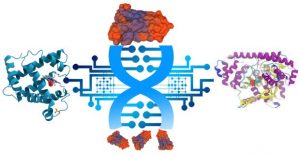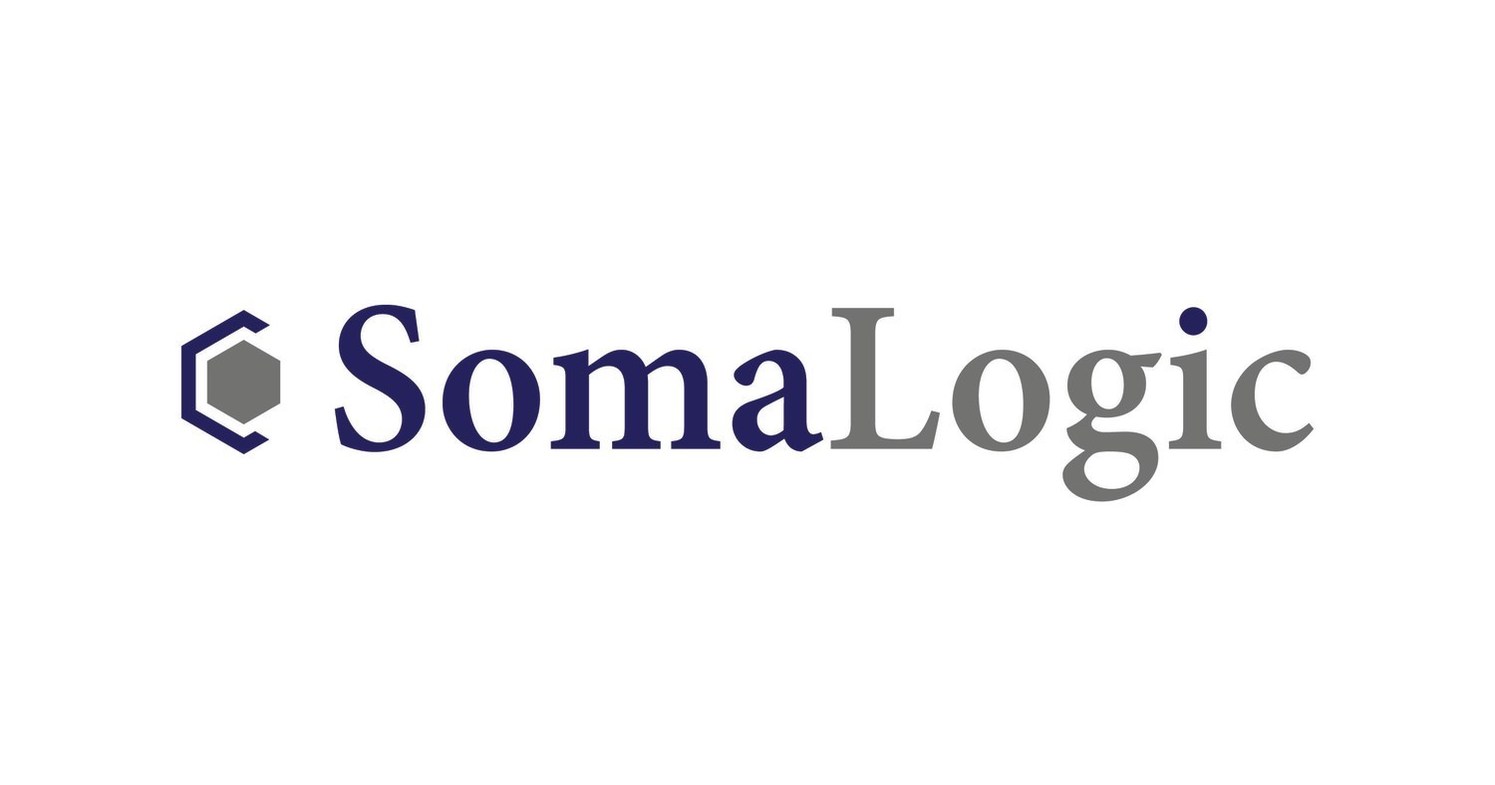
SomaLogic, Inc. announced recently that its $1 million dollar Phase 1 grant from the National Science Foundation (NSF) Convergence Accelerator program will be used to explore quantum sensing to make advances in ways to improve methods for proteomic screening, according to a company news release.
The company is part of a collaborative project between its own scientists and academic researchers at the University of Chicago, University of California, Los Angeles, University of California, Santa Barbara, and University of Washington, Seattle.
The project is called, “High-Throughput Proteomics Technology Based on Quantum Sensing” and aims to bring together quantum technology with SomaLogic technology’s ability to profile human proteins at scale.
Specifically, the team plans to develop a modified aptamer-binding assay on a diamond surface, using quantum sensing for simultaneous detection of thousands of proteins in a biological sample such as blood or urine, reliably and at very low cost. If successful, the new technology will be employed to more conveniently identify specific protein patterns that reflect an individual’s current health, future disease risk and the impact of behavioral or therapeutic interventions.

“Creating a cost-effective and potentially reusable “protein chip” based on quantum sensors would increase sample throughput and greatly reduce the current costs of proteomic analysis,” said Jason Cleveland, principal fellow at SomaLogic and co-principal investigator of the new NSF grant. “This would open the door to a new generation of biomedical devices that enable protein-based health screening at point of care, including the home.”
The NSF has created the Convergence Accelerator to support multidisciplinary efforts “to address challenges of national importance that will produce deliverables of value to society in the near future.”
For more market insights, check out our latest quantum computing news here.















